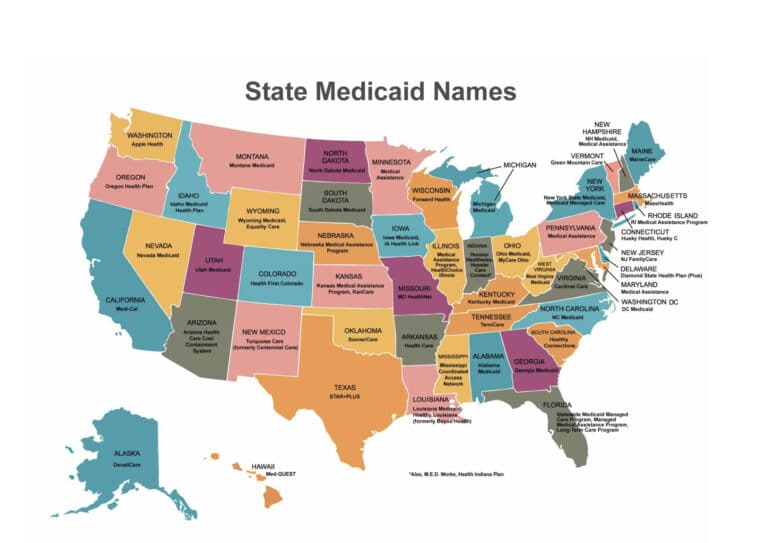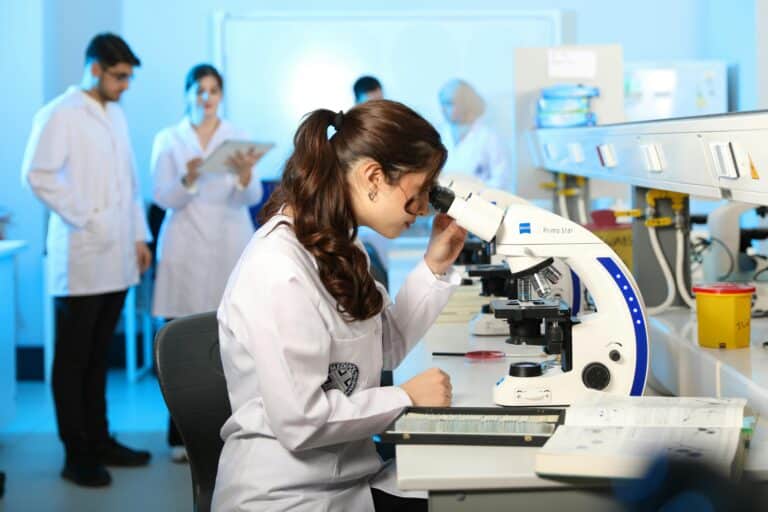Source: John Hopkins Medicine
The immune-boosting properties of breast milk have long been known. Now a team of scientists led by Johns Hopkins pediatric surgeon-in-chief David Hackam, M.D., Ph.D., says experiments in mice reveal how breast milk works to ward off the development of necrotizing enterocolitis (NEC), a devastating intestinal disorder that affects 12 percent of premature babies and claims the lives of one in four of those who have it.
If affirmed in human studies, the experiments could pave the way to new preventive approaches to stave off NEC in premature babies and spark the development of treatments for those who develop the condition.
Findings of the research, published in April in the journal Mucosal Immunology, reveal that a substance found in animal and human breast milk called epidermal growth factor, or EGF, blocks the activation of a protein responsible for unlocking the damaging immune cascade that culminates in NEC, a disease marked by the swift and irreversible death of intestinal tissue that remains one of the most-challenging-to-treat conditions.
“We have known for some time that breast milk can protect premature babies against intestinal damage but how and why it did so has been somewhat of a mystery,” says Hackam who initiated the study at the University of Pittsburgh and completed it at the Johns Hopkins Children’s Center. “We believe that our findings solve a major piece of the mystery of this disorder.”
New therapies are acutely needed for NEC, the research team says, because current treatment is limited to surgical removal of the dying, or necrotizing, portions of a baby’s intestine. The approach halts further necrosis and can save a baby’s life, but it often leaves infants with insufficient intestine and puts them at risk for long-term complications, such as short bowel syndrome, which requires feeding support for life due to the intestines’ decreased ability to absorb enough nutrients. Pinpointing EGF as a key factor in NEC should offer new therapeutic targets that obviate or reduce the need for drastic surgery, the researchers say.
Results of the new study build on previous findings by Hackam’s team showing that a protein called TLR4 (toll-like receptor 4) is a key instigator of the intestinal damage seen in NEC. Under normal conditions, TLR4 regulates the body’s immune response to bacteria, but in the premature gut it plays a slightly different role — regulating cell differentiation and intestinal growth. Shortly after birth, all babies’ intestines become colonized with bacteria, a normal process of adapting to their new living environment. However, in the guts of premature babies, the immature TLR4 protein goes haywire, turning off oxygen supply to the intestines and causing the hallmark cell death of NEC.
In the current study, investigators first exposed immature gut cells to bacteria known to activate the destructive, NEC-inducing TLR4 protein. The expression of TLR4 was notably turned down in gut cells pretreated with breast milk. When researchers heated breast milk before treating the cells, its protective effects vanished, suggesting that a heat-sensitive protein was at play.
One such protein, EGF, was already high on the list of suspects due to its abundant presence in breast milk and its well-known role in promoting the growth and development of cells in various tissues. Indeed, in this study, breast milk failed to prevent the death of gut cells genetically engineered to lack a receptor for EGF, the team’s experiments showed. To confirm their suspicions, the investigators removed EGF from breast milk. EGF-depleted milk failed to protect gut cells. Once replenished with EGF, the breast milk regained its ability to block TLR4 activation and avert cell death.
Next, the researchers gave a group of premature baby mice either breast milk or salt water, then injected them with a bacterium designed to activate TLR4 and set off the chain reaction that would eventually block cell growth and cause gut cells to die off. Mouse pups fed breast milk prior to infection had significantly lower levels of TLR4 in their guts and lower levels of immune chemicals that promote inflammation. Mice pretreated with breast milk also had fewer intestinal cells dying after infection, compared with mice fed salt water. At the same time, the gut cells of breast milk-treated mice continued to grow and proliferate.
To confirm that breast milk’s protective properties were due to EGF, the researchers gave premature baby mice a drug that selectively turned off their cell receptors to EGF — a technique that prevents EGF from entering the gut cells. Animals treated with the EGF blocker developed NEC despite being fed breast milk. So did mice treated with breast milk that were genetically engineered to have guts lacking receptors to EGF, as well as normal mice treated with breast milk depleted of EGF.
Finally, the investigators sought to determine if treatment with breast milk would reduce the severity of pre-existing NEC. It did. Baby mice with NEC that were given breast milk after the onset of the disease had noticeably less severe forms of the condition, marked by fewer gut cells dying.
“Taken together our findings show that EGF is a key factor present in breast milk that prevents the onset of NEC in two ways: EGF prevents intestinal cells from dying while at the same time restoring the cell growth that promotes gut healing,” says study author Misty Good, M.D., a neonatologist at Children’s Hospital of Pittsburgh at the University of Pittsburgh Medical Center. “Importantly, our experiments stress the importance of providing breast milk to premature babies to prevent this deadly disease. The discovery of one of the components in breast milk that protects against NEC could pave the way to new therapies for the nearly half-million at-risk premature babies born in this country each year.”
(WhatDoctorsKnow is a magazine devoted to up-to-the minute information on health issues from physicians, major hospitals and clinics, universities and health care agencies across the U.S. Online at www.whatdoctorsknow.com.)














